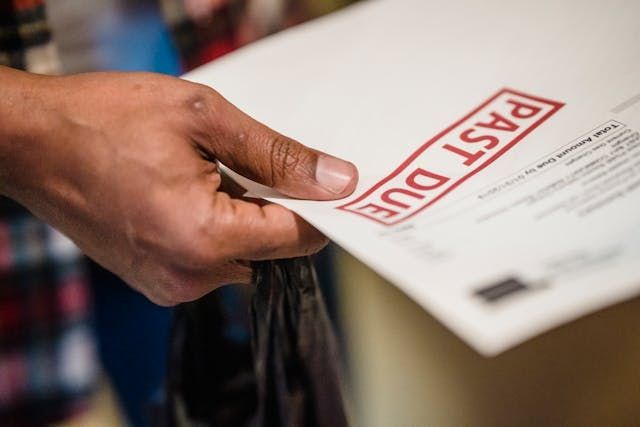Property Maintenance Clause In Rental Lease
A property maintenance clause is a critical component of a lease agreement. It serves as a contractual provision that establishes clear guidelines and responsibilities for property upkeep and maintenance. This clause outlines the respective obligations of both the owner and tenant regarding routine maintenance tasks and repairs. The maintenance clause plays a vital role in tenant satisfaction and preserving the property’s long-term value.
Following is a list of what is typically included in a property maintenance clause:
- Maintenance Responsibilities: The responsibilities of both the tenant and the owner are clearly defined in the clause. It specifies which party is responsible for various aspects of property maintenance, such as routine upkeep, repairs, and compliance with maintenance standards.
- Routine Maintenance Tasks: The clause outlines the specific routine maintenance tasks expected from the tenant. This may include regular cleaning, trash disposal, lawn care, and other day-to-day responsibilities to keep the property in good condition. It helps ensure that the property remains well-maintained throughout the tenancy.
- Reporting Maintenance Issues: The property maintenance clause may include provisions that require tenants to promptly report any maintenance issues or repair needs to the property management company. This ensures that problems are addressed in a timely manner to prevent further damage and hence costly repairs.
- Professional Services: If there are some maintenance tasks that require professional intervention, it should be mentioned in the property maintenance clause. For example, it may state that electrical, plumbing, or HVAC repairs will be handled by licensed professionals. The clause outlines the owner/ property management company's responsibility for arranging and coordinating the services of qualified professionals to address such issues.
- Penalties for Non-Compliance: The clause may include provisions for penalties or consequences if the tenants fail to fulfill their maintenance responsibilities. This could involve additional fees, deductions from the security deposit, or other measures to incentivize proper maintenance.
- Emergency Maintenance Procedures: Procedures for reporting and addressing emergency maintenance issues should also be a part of the clause. This ensures that urgent repairs, such as burst pipes or electrical outages, can be promptly addressed. It provides tenants with clear instructions on who to contact and how to report emergencies.
- Compliance With Laws and Regulations: Both the tenant and the owner must comply with local, state, and federal property maintenance and safety laws. The clause should emphasize adhering to building codes, health and safety regulations, and other applicable laws governing property maintenance.
At Hunter Rentals & Sales, our goal is to ensure that both property owners and tenants have a clear understanding of their respective maintenance responsibilities. As a part of our property management services, we assist property owners in crafting comprehensive rental leases, hiring skilled maintenance personnel, and promptly resolving maintenance concerns to enhance the overall tenant experience.
For more information, visit us at 1503 W Stan Schlueter Lp, Killeen, TX 76549, or call 254-634-3311. You can also browse our website at
www.hunterrentals.com , and connect with us on Facebook, Twitter, and Instagram.







